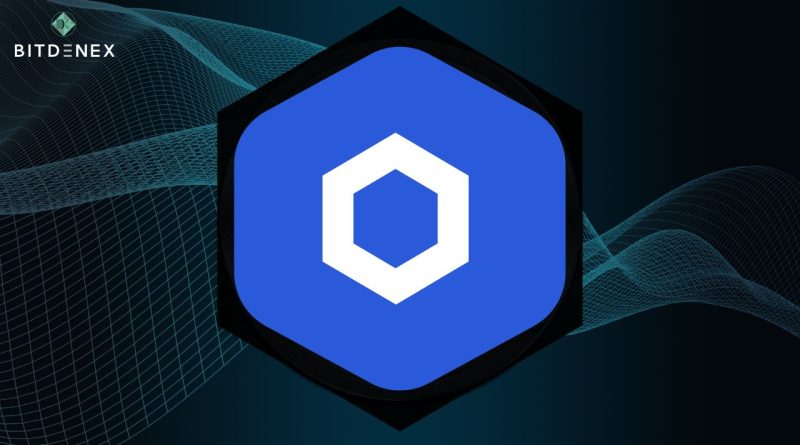What Is Chainlink (LINK)?
Chainlink is a decentralized oracle network based on blockchain that allows smart contracts to connect to external data sources. APIs, internal systems, and other types of external data feeds are examples of these. LINK is an ERC-20 token that is used on the network to pay for this oracle service. So, what is it about Chainlink that makes it decentralized?
First and foremost, we must define a centralized oracle. It’s not difficult to guess – it’s a single source of external information for a smart contract. There is only one source. This can cause major issues. What if that one oracle provides incorrect or false data? It will bring down all of the systems that rely on it. This is known as “the oracle problem,” and it is the problem that Chainlink is attempting to solve.
How does Chainlink work?
To facilitate communication between its users and external data sources, Chainlink divides its execution process into three distinct steps.
- Oracle Selection –To begin, Chainlink users create a service-level agreement outlining a set of desired data requirements. The is then used by the software to match the user with Oracles that can provide the data. After setting the parameters, the user submits and deposits their LINK cryptocurrency in an Order-Matching contract that accepts bids from Oracles.
- Data Reporting – This is where the Oracles communicate with external sources to obtain the real-world data specified in the SLA. The data is then processed by the oracles and returned to Chainlink blockchain contracts.
- Result Aggregation – The final step entails tallying the results of the data collected by Oracles and returning them to an Aggregation contract. The Aggregation contract takes the responses, evaluates their validity, and returns to the user a weighted score based on the sum of all the data received.
Chainlink and DeFi
Since the rise of Decentralized Finance (DeFi), there has been a surge in demand for high-quality Oracle services. After all, the majority of these projects employ smart contracts in some form or another, and they also require external data to function properly.
DeFi platforms that use centralized Oracle services may leave themselves vulnerable to a variety of attacks, including flash loan attacks via Oracle manipulation. Multiple incidents like this have already occurred, and they will almost certainly continue if centralised oracles remain common. Many people may believe that Chainlink can solve all of these problems; however, this may not be the case. Despite the fact that projects like Synthetix, Aave, and others rely on Chainlink’s technology.
Buy and sell crypto in minutes with 0.20% trading fees at Bitdenex Exchange.

